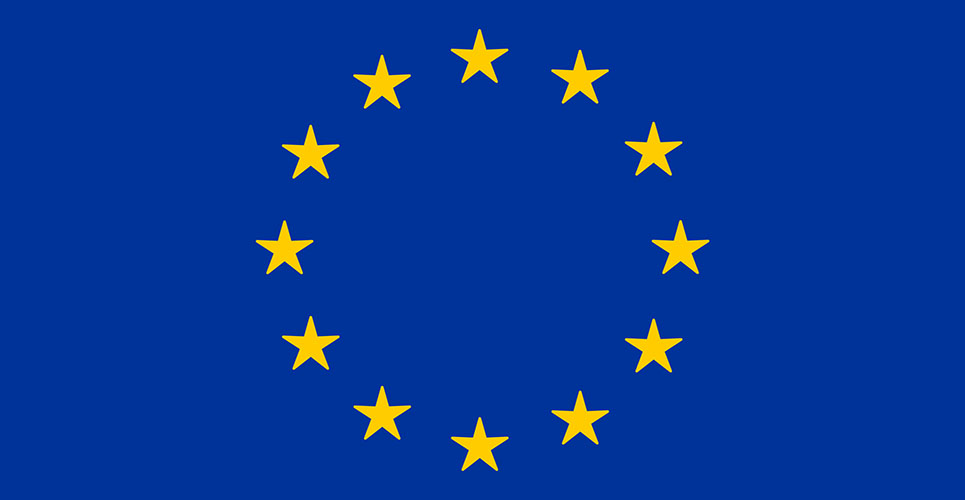teaser
Brian Edwards CBE
Emeritus Professor of Healthcare Development
University of Sheffield
UK
The “No” vote by the people of France and Holland has thrown European policymaking into a crisis. A major period of reflection is now indicated. The reasons for the “No” vote are complex. They do not mean a rejection of the European ideal. They reflect frustration with excessive regulation, fears about further enlargement and worries about the euro. The vote in France was also affected by national arguments about economic policy, including pensions and public sector employment. But whatever the present problems, the Europe Community is a great economic success and has been the foundation stone of peace for three generations. Europe is a powerful and successful player in world economics. Why else would countries such as Romania, Bulgaria and Turkey be queuing up to join? The internal borders of Europe are places for collaboration and dialogue rather than control and conflict.
Health is a major component of all the economies of Europe. It is an area for investment rather than a drain on national economies. But health will not fit comfortably within market regulation designed for the manufacturing or banking sectors. Although the mix varies, health is always a combination of public and private sector investment. In recent years, it is the private component that has been growing, and this trend looks set to continue. In some European countries, the State remains the principal payer or insurer, but the providers are increasingly to be found in the independent or private sector. The number of traditional public sector hospitals is slowly diminishing as the not-for-profit and the commercial sectors grow.
Many areas of European policies are of interest to the world of healthcare, and primarily the licensing, regulation and future of the pharmaceutical industry and its developmental capability. The pharmaceutical industry will always be a part of any major modern economy, although one can see worrying trends for manufacturing to move to cheaper labour economies outside Europe. The pricing of drugs on a European basis should occur soon, and when it does, it may be associated with new packaging regulations, to increase patient safety. For many the industry is the enemy whose high-pressure sales techniques put strain on their budgets. The truth is that modern medicine cannot survive without pharmaceutical products. But we need a more equal partnership.
Professional mobility is another area of special concern where a balance has to be struck between the benefits of a free labour market and patient safety. A voluntary code limiting the ability of the richer countries to recruit professional staff from the poorer members is a civilised way to proceed. The application of the working time directive in the hospital sector has not been a happy one but, to be fair, it has forced changes in patterns of working that will turn out to be highly desirable once the economic consequences have been absorbed. The movement of pharmacists across Europe seems to be less pronounced than in other disciplines, which is surprising given the international base for pharmaceutical science and practice. However, as the economies of Europe move back into growth, this may change and generate problems in the poorer countries.
The Commission cannot ignore the health sector, but it needs to handle it with care and be sensitive to its often unique attributes.

